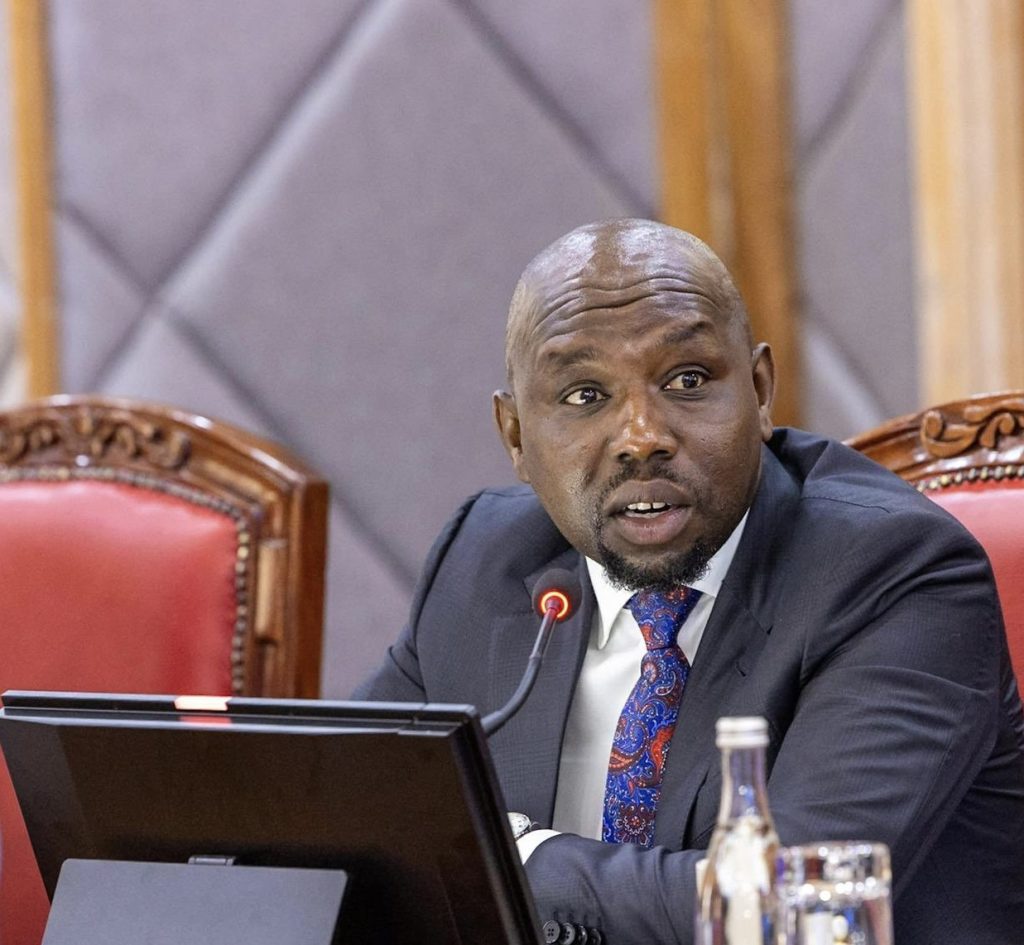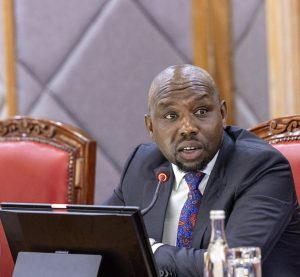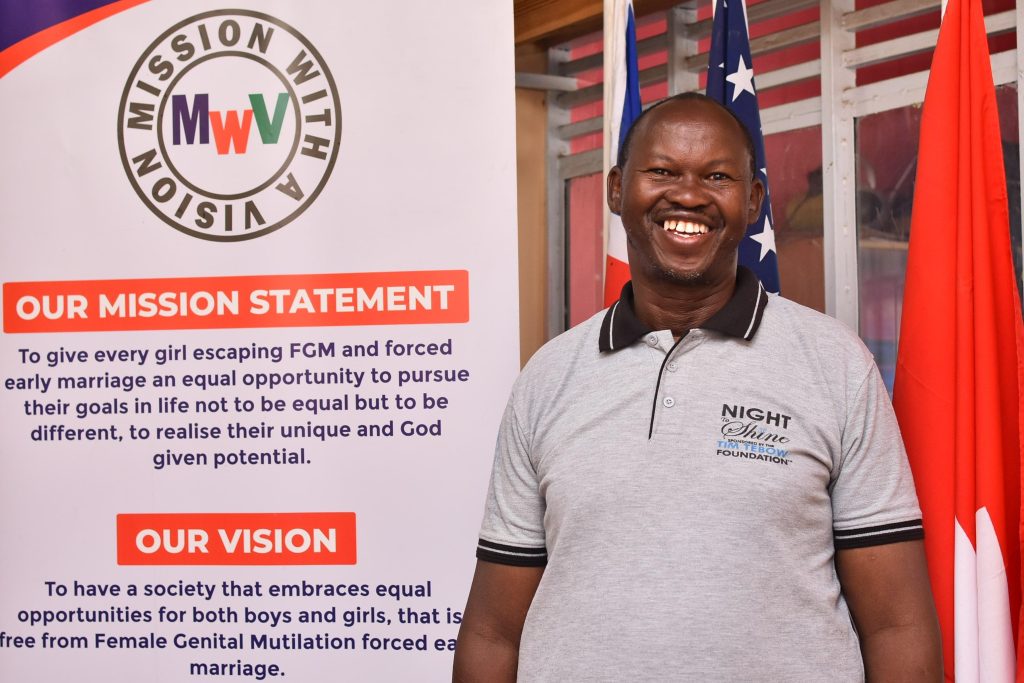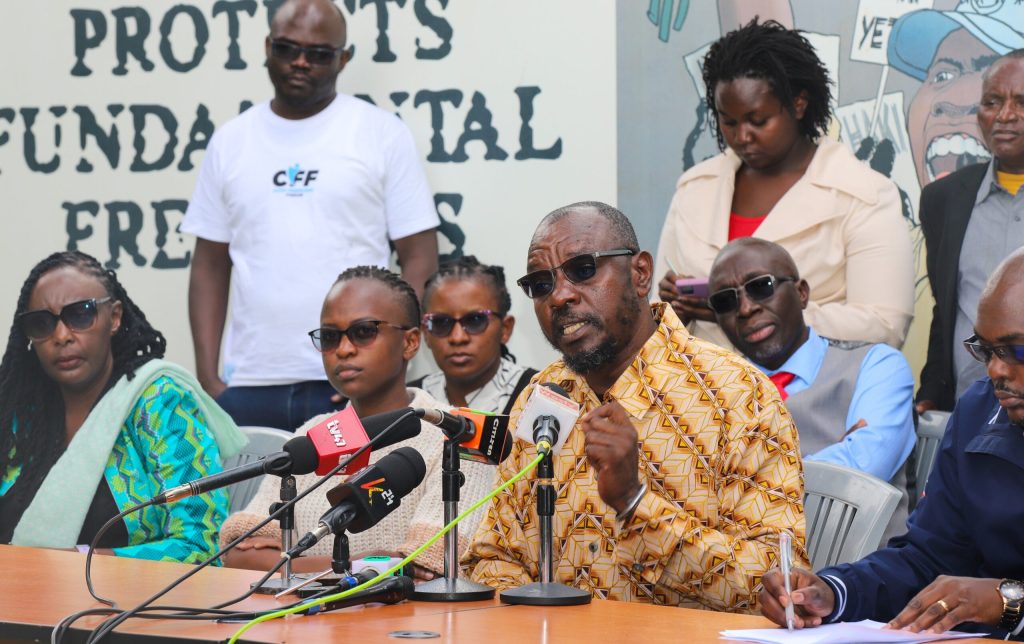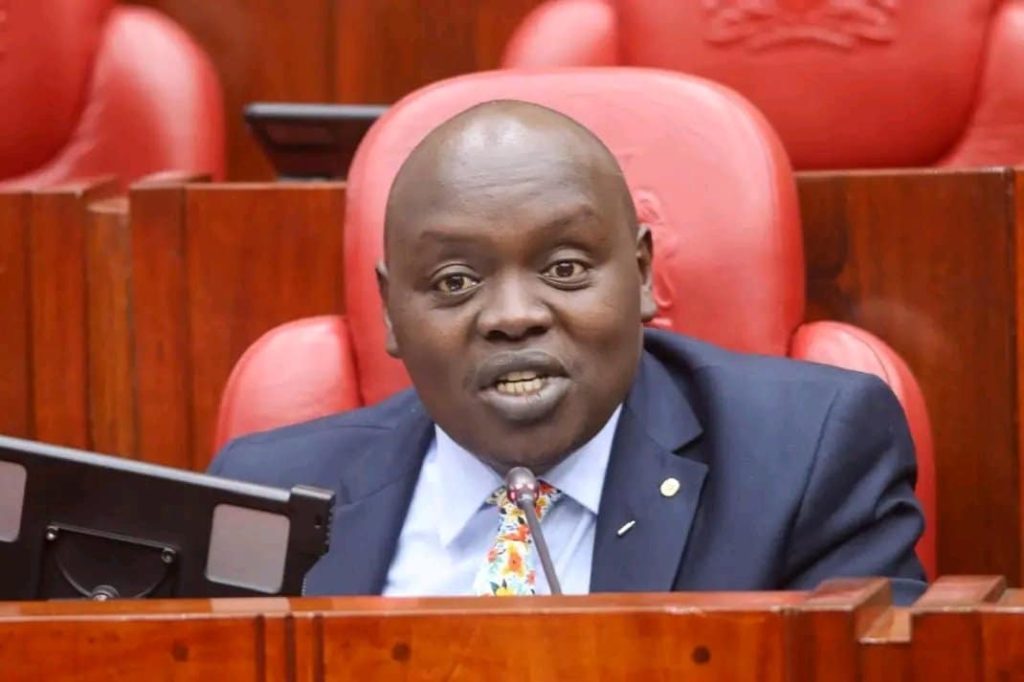By Wahome Ngatia | July 2, 2025
A coalition of leading human rights organizations has taken Interior Cabinet Secretary Kipchumba Murkomen to court following his controversial shoot-to-kill directive issued after the June 25 protests.
Who?
The petition was filed by Katiba Institute, Kenya Human Rights Commission (KHRC), and the Independent Medico-Legal Unit (IMLU). They are joined by seven interested parties, including Transparency International, ICJ Kenya, and the Independent Policing Oversight Authority (IPOA).
What Happened?
On June 26, CS Murkomen publicly instructed police to “shoot anyone coming near a police station” and “pass with them” if they attempt to take weapons. These remarks came just a day after over ten Kenyans reportedly died during nationwide protests. He later attempted to justify his comments by citing legal provisions previously declared unconstitutional by the High Court.
Why Court?
The petitioners argue that Murkomen’s statements amount to unlawful incitement, abuse of public office, and a gross violation of the Constitution, including Articles 26 (right to life), 33 (freedom of expression), 37 (right to protest), and 245 (independence of the police).
How?
Filed under a certificate of urgency, the case requests immediate intervention from the High Court to stop further harm. The petitioners want Murkomen to personally fund public apologies in newspapers and on national television. They also seek damages for affected victims and a declaration that he is unfit for public office
The groups demand Murkomen’s public retraction, a court declaration that he is unfit for office, and compensation for victims of police violence since his order. They warn that the directive could escalate extrajudicial killings, citing past abuses.
This case tests Kenya’s commitment to police accountability and constitutional governance. If the court rules against Murkomen, it could force stricter adherence to human rights standards in policing. Conversely, inaction risks emboldening impunity. The petition underscores tensions between state security measures and civil liberties, with implications for Kenya’s democracy.

